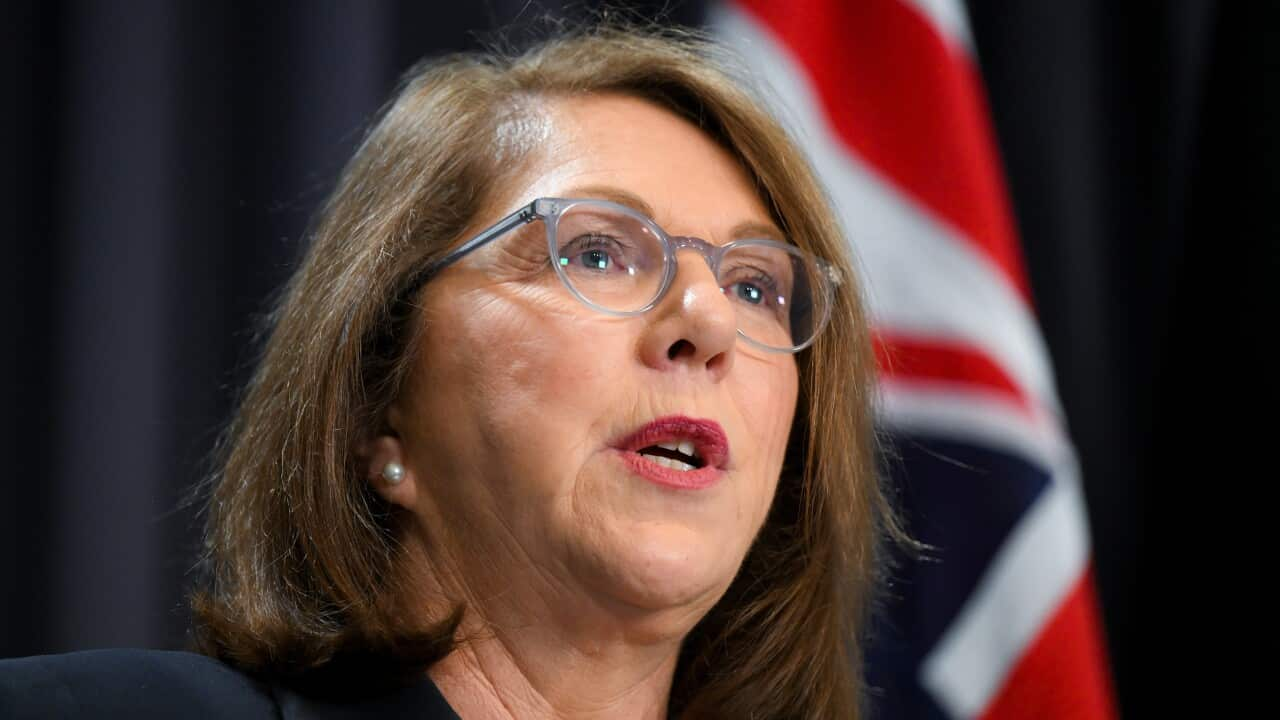Key Points
- Infrastructure Minister Catherine King has promised there will be "cost of living relief" in next week’s budget.
- She also hinted at a raise to JobSeeker payments.
- Some economists have warned that giving people too much extra cash to spend could raise inflation.
Infrastructure Minister Catherine King has promised there will be "cost of living relief" in next week’s budget, as high inflation has led to many Australians struggling to pay for groceries and bills.
The minister told ABC's Radio National that "you’ll see plenty of cost of living relief in the budget. We’ve been very, very attuned to what’s happening for people not just across the economy but particularly for some of the most vulnerable Australians," she said.
Ms King hinted at an increase to JobSeeker payments, but said that it wouldn't have a total price tag of $24 billion, the budgetary increase recommended by welfare advocates and several other Labor MPs.
"I think it’s very clear the budget doesn’t have room to be able to do that. But what we’ve said before the election, what we’ve said as a Labor government, we do want to make sure that income support payments across the board are looked at."
When the budget is delivered next Tuesday, JobSeeker recipients will be hoping that their payments go up from the current level of . Others will be interested in whether changes to any other social services payments, funding allocations, tax breaks or other budgetary measures will benefit them.
But Liberal Senator Jane Hume has warned that increasing payments such as JobSeeker and giving people more money to then pump into the economy could raise inflation, which the Reserve Bank of Australia is simultaneously trying to lower.
Ms Hume told Nine's 60 Minutes that "some targeted relief for people, particularly those on very low incomes, or rent assistance for those with very high rents, would be acceptable.
"But broad-based relief would only put more money in people's pockets to go and spend, and more demand in the economy."
Her view is grounded in "economic reality", according to AMP chief economist Shane Oliver.
"If you give people money, they will spend it, and that will support demand and potentially add to inflation," he said.
"There's a broader issue that if the RBA is raising interest rates, but the government is spending lots of money, then two arms of economic policy are working against each other.
He said if cost of living support is well targeted to those who need it, the increase to inflation should be minor.
Other budget watchers will be hoping for assistance with record-high energy bills.
Mr Oliver said if low and middle income Australians got a discount on their energy bills, it could actually help to lower electricity prices.
When the previous government rolled out billions of dollars in JobKeeper payments as the coronavirus pandemic forced businesses to a standstill in 2020, it had the unintended consequence of contributing to rising inflation, according to economics professor at UNSW Gigi Foster.
"I'd be very surprised if the amount of money that's being talked about (for next week's budget) is on the same scale of JobKeeper, but if it is, I would agree that this is going to probably be more inflationary," she said.
"People really are suffering and I would prefer to see some action on the real causes of their suffering, rather than just treating symptoms," she said.












